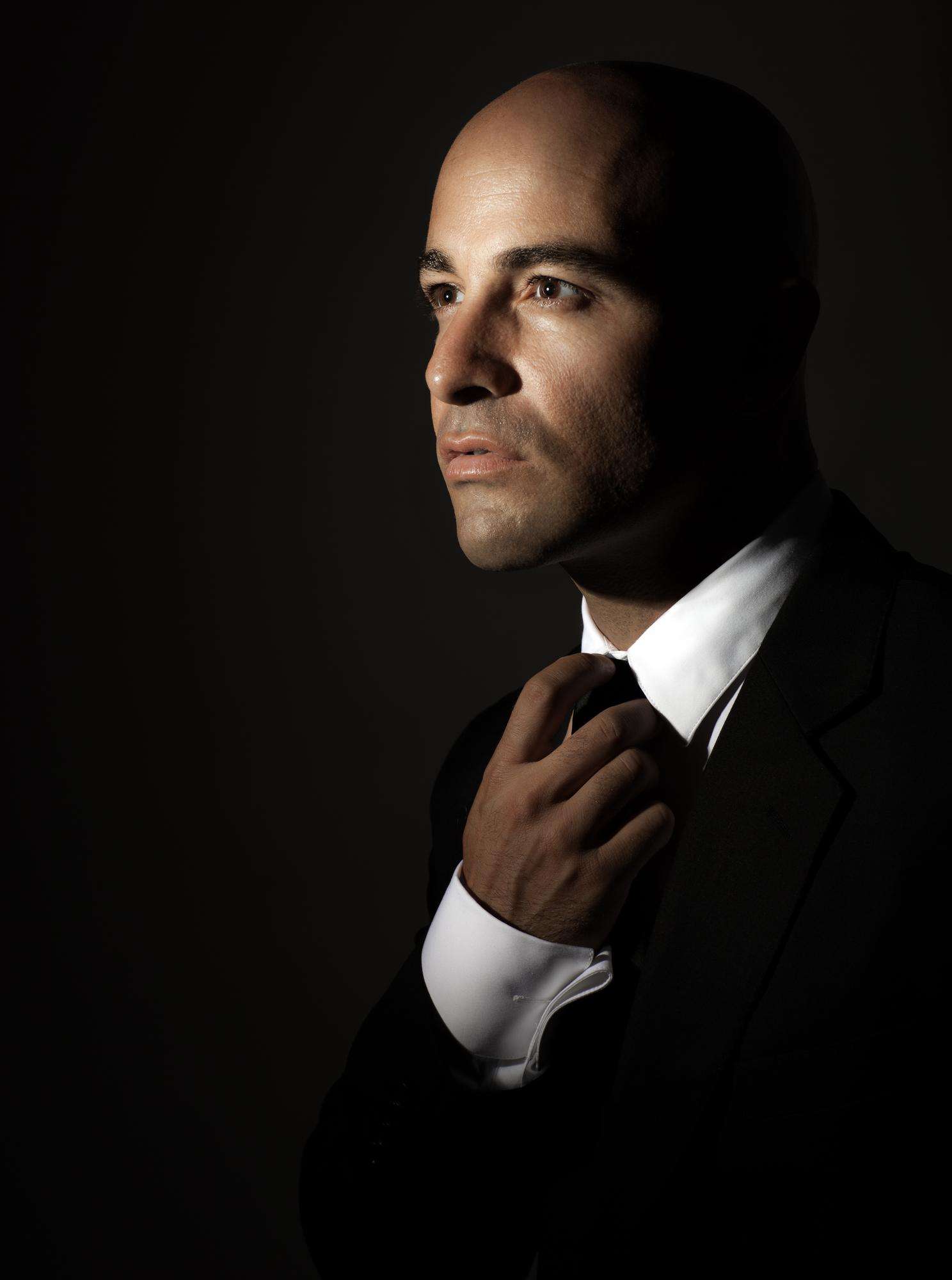Introverts who are consciously aware of the impact of the colors they wear control nonverbal narratives more than those who do not.
Dr. Albert Mehrabian, Professor Emeritus of Psychology at the University of California, Los Angeles, postulated that 7 percent of meaning is communicated through spoken word, 38 percent through tone of voice, and 55 percent through body language.
Consequently, the color and style of clothing fall under body language.
For introverts pursuing power in a domineering world, it is crucial to be acutely aware of the impact of colors.
Black, dark blues, and dark grays have traditionally been the colors that exhibit power, sophistication, and respect.
If introverts want to be a force to be reckoned with, they must begin wearing the colors of power and respect regularly.
Dark colors build confidence, create uniformity, and reflect contrast. In this article, we will focus on the color black.
Psychologist Carole Kanchier said:
Black represents power, elegance, discipline, and mystery. Sometimes, it’s associated with evil and grieving. Wear black to communicate an authoritative image or protect emotions. Since too much black can overwhelm some, don’t wear it when you want to establish rapport (p. 1).
As a light-complected, introverted man, I used to wear whatever color suited me at any given moment. Color contrast never interested me.
I might wear a light tan sports coat with casual trousers to feel comfortable and place potential conversation partners at ease.
However, I was told I appeared uncomfortable and socially awkward among strangers. I would walk around at social events holding a glass of cranberry juice for support, hoping I ran into someone I knew.
There wasn’t anything striking about my attire. It didn’t suggest that I represented some compelling statement to the world.
My clothing communicated that I was safe.
At one evening event, I chose to do something differently. I opted to wear an all-black ensemble (black suit, black shirt, and black shoes.)
I liked the cut and contour of the suit, but the color made me feel invincible.
I ran into a friend at the event who commented on my attire. She said, “You look great in black. I think that’s your look.”
She made my night, and that comment sparked an interest in the impact of colors on imagery.

I knew that dark blue was the typical corporate suit color, but I got into the psychological impact of the color black.
Johnny Cash’s song, “Man in Black,” gives a litany of reasons he wore black. He says:
… Well, you wonder why I always dress in black
Why you never see bright colors on my back
And why does my appearance seem to have a somber tone
Well, there’s a reason for the things that I have on.
Authors of The Psychology & Meaning of Colors blog said:
Black often looks good and professional to wear, so it probably means that they take a great deal of pride in their appearance. Black is not an attention-seeking color, so the wearer is perhaps not looking to stand out.
Because they’re not looking for attention or approval, their desire to look good is largely due to personal pride, to look good for themselves first rather than trying to impress others. It may also suggest a need for privacy, being secretive, or to detach themselves from society (p. 1).
I wanted it both ways: To make a statement and remain detached.
The following outlines the benefits of wearing black:
Build confidence
The fear of darkness is imprinted within the socialization of our psyche. Any literary or movie character representing fear often wears black. Mysterious or unknown objects are enraptured within the color black. Gruesome or fearsome events usually take place at night.
Although the objective is not to cause fear within others, it has been said that respect is a combination of fear and love. In a professional sense, we can say that fear and like lead to respect.
If introverts have developed the skills within their chosen profession that serve as a basis for self-confidence, wearing black is merely the package that self-confidence comes in.
Create uniformity
The late Steve Jobs was known to wear black mock neck shirts with blue jean pants consistently.
This was his uniform and brand.
Wearing black in various styles sets you apart from everyone else and serves as a uniform.
Politicians are said to be “On message” when they deliver the same campaign speech to various audiences.
Staying on a message is important because people are consistently being bombarded with a cacophony of competing messages.
Repetition is necessary to break through this barrier of noise.
To portray an image of strength, respect, and consistency, you must stay on message with color consistency.
Reflect contrast
Many people are clamoring for attention and will do anything to obtain it. A “less is more” strategy might be more effective in the long run in a media-centric society. Classic styles are always fashionable because they tap into a cultural truth about that society. Lapels on men’s suits may change from wide to narrow, but suits never go out of style.
Black is classic. Although fashion designers may proclaim a particular color in fashion for a Fall or Spring collection, dark clothes are never out of style.
Power clothes contrast the visual imagery of the individual and contrarian to the current fads in society.
Remaining classically relevant with the manipulation of black allows you to stay in fashion and ahead of the crowd.
Now more than ever, discipline and control are essential to thrive and succeed in a domineering world.
To be in control, you have to look the part.
Wearing black is a start.
—Robert K. Hooks

References
Cash, J. (n.d.). Man in Black. Musixmatch. Retrieved from: https://bit.ly/2Vm9NGQ.
Color Psychology Meaning (n.d.). Colorpsychologymeaning.com. Retrieved from: https://bit.ly/3poU85r.
Kanchier, C. (2012, July 3). What the color you’re wearing says about you. HuffPost. Retrieved from: https://bit.ly/3QncRKF.
Master Class Staff (2020, Nov. 8). How to use the 7-38-55 rule to negotiate effectively. MasterClass. Retrieved from: https://bit.ly/3eX7n8L.

